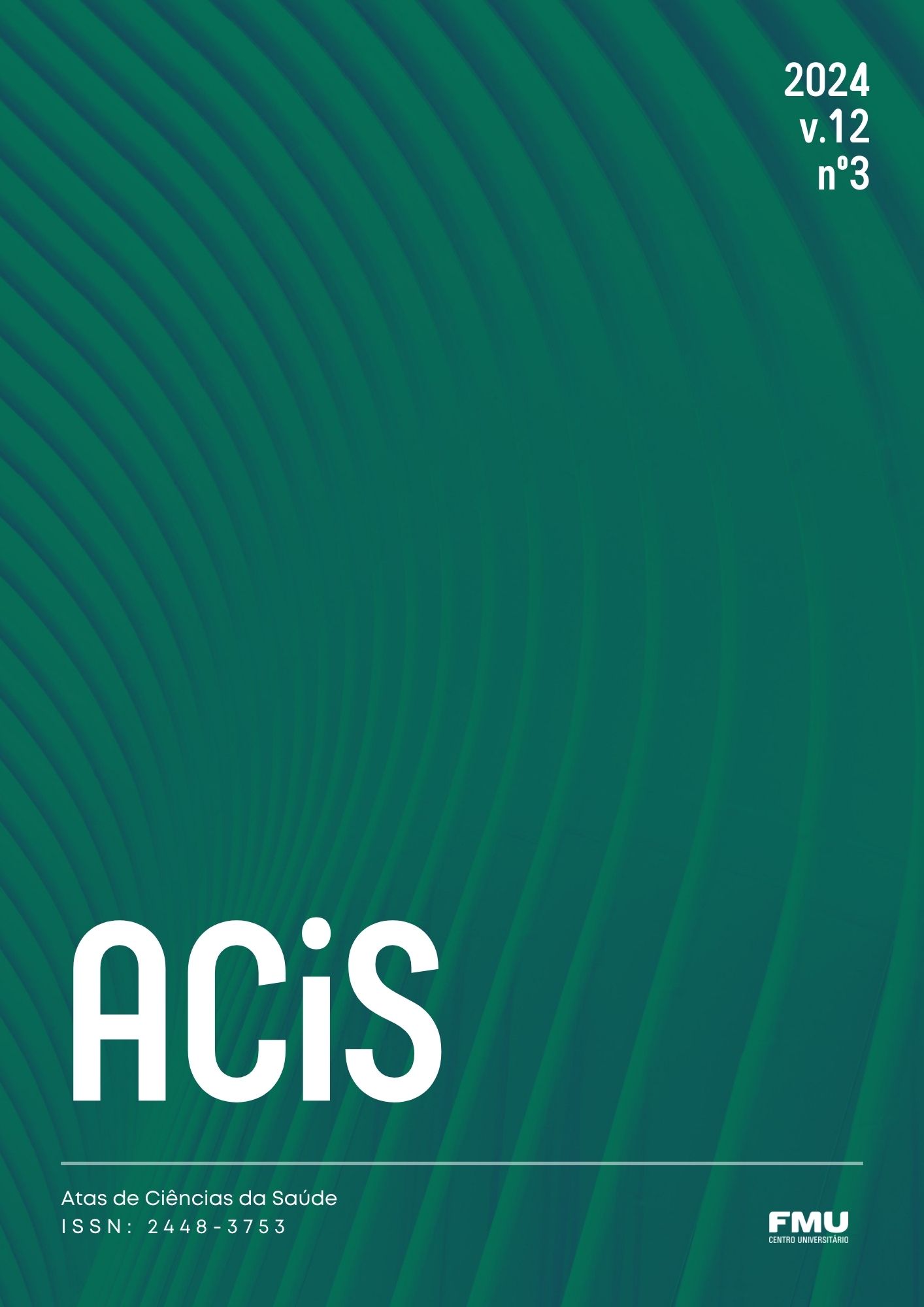Eficacia dos Metodos de Treinamento Auditivo em Portadores de Transtornos do Processamento Auditivo Central
Revisão de Literatura
Abstract
Abstract: The Central Auditory Processing Disorder (CAPD) is defined as a deficit in one or more central auditory processes, characterized by one or more alterations in auditory skills. When an individual is diagnosed with CAPD, speech therapy rehabilitation is recommended with an emphasis on auditory training. Objective: The objective of this study was to verify the efficacy of Formal Auditory Training and Informal Auditory Training in individuals with Central Auditory Processing Disorder. Method: This was a literature review aimed at answering the target question: "What is the efficiency of formal auditory training and informal auditory training in the rehabilitation of central auditory processing disorders?" The bibliographic research used the BVSalud and Google Academy databases, combining the descriptors "hearing," "neuronal plasticity," "central auditory processing," "auditory skills," and "auditory training." Results and Conclusion: According to the findings, both Formal Auditory Training and Informal Auditory Training were effective in rehabilitating individuals with CAPD and positively contributed to the cognitive-auditory rehabilitation of patients with other disorders such as phonetic/phonological alterations, reading disorders and learning difficulties, mild cognitive impairment, and patients who suffered mild brain injury and traumatic brain injuries.
Keywords: hearing, neuronal plasticity, auditory skills, central auditory processing, auditory training.
Published
Issue
Section
License
Copyright (c) 2024 Liliane Dias Pereira, Amanda Guedes, Daniela Santana, Jessica Martins, Monica Hui, Nislene Rocha, Alessandra Rezende

This work is licensed under a Creative Commons Attribution-NonCommercial 4.0 International License.
Autores que publicam nesta revista concordam com os seguintes termos:
- Autores mantém os direitos autorais e concedem à revista o direito de primeira publicação, com o trabalho simultaneamente licenciado sob a Licença Creative Commons Attribution que permite o compartilhamento do trabalho com reconhecimento da autoria e publicação inicial nesta revista.
- Autores têm autorização para assumir contratos adicionais separadamente, para distribuição não-exclusiva da versão do trabalho publicada nesta revista (ex.: publicar em repositório institucional ou como capítulo de livro), com reconhecimento de autoria e publicação inicial nesta revista.
- Autores têm permissão e são estimulados a publicar e distribuir seu trabalho online (ex.: em repositórios institucionais ou na sua página pessoal) a qualquer ponto antes ou durante o processo editorial, já que isso pode gerar alterações produtivas, bem como aumentar o impacto e a citação do trabalho publicado (Veja O Efeito do Acesso Livre).





